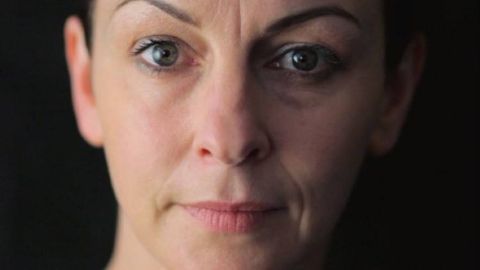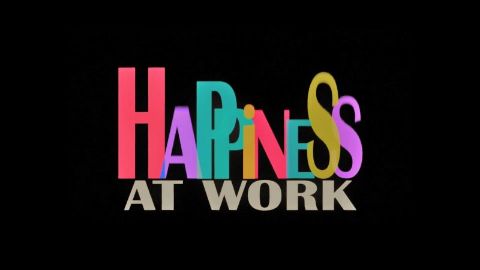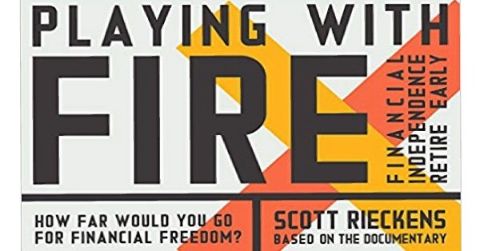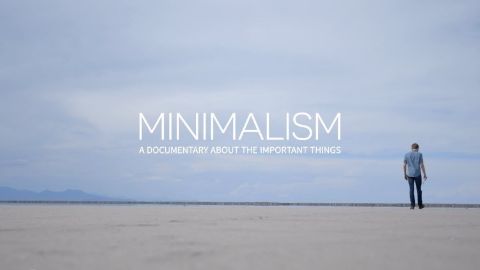The Early Years • 2016 • episode "S1E1" • Predict my Future: The Science of Us
Meet the most scientifically studied people in the world. A group of 1,037 New Zealanders born in one city have been followed since their births in 1972. Members are now dispersed around the globe but 96% of the original group are still taking part - an extraordinary achievement in such a long running study.
Make a donation
Buy a brother a hot coffee? Or a cold beer?
Hope you're finding these documentaries fascinating and eye-opening. It's just me, working hard behind the scenes to bring you this enriching content.
Running and maintaining a website like this takes time and resources. That's why I'm reaching out to you. If you appreciate what I do and would like to support my efforts, would you consider "buying me a coffee"?
Donation addresses
BTC: bc1q8ldskxh4x9qnddhcrgcun8rtvddeldm2a07r2v
ETH: 0x5CCAAA1afc5c5D814129d99277dDb5A979672116
With your donation through , you can show your appreciation and help me keep this project going. Every contribution, no matter how small, makes a significant impact. It goes directly towards covering server costs.









